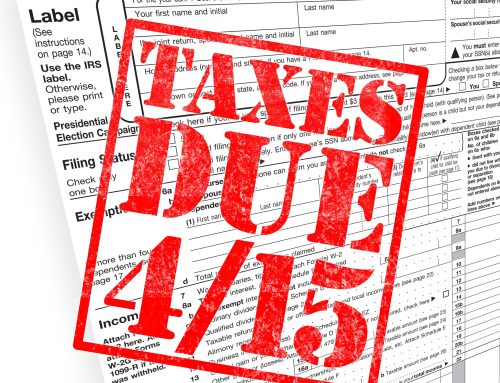When a taxpayer settles a debt for less than its full amount, the forgiven amount of the debt is taxable, unless the taxpayer qualifies for one of two currently available exclusions. With the downturn in the economy and the accompanying drop in home prices that occurred in recent years, many taxpayers are unable to keep up the mortgage payments on their home, and unable to sell their homes because they owe more than the market price. As a result, a large number of homeowners have let their homes go back to the lender. Some people turn to payday loans to get keep going for a bit longer but this can lead to issues of their own, as when you have a large variety of payday loans it can be hard to manage. I’ve heard of people using payday loan consolidation services to make this more manageable. This applies for all types of debt, though. Consolidating your debts is a sensible way of getting one step close to being debt-free, as having all your debts in one place is easy to manage. You can use a debt consolidation calculator to work out your possible savings if you use debt consolidation.
Congress offered help for those in this situation by providing an exclusion from income of the forgiven acquisition debt from a taxpayer’s principal residence. If a taxpayer’s home is upside down, and they are considering letting it go back to the lender, they should be aware that unless Congress provides a last-minute extension, this Principal Residence Acquisition Debt Relief Exclusion will expire at the end of 2013. The only other exclusion available is the insolvent taxpayer exclusion, which limits the amount that can be excluded to the excess of the taxpayer’s total debts over the taxpayer’s total assets.
An individual not able to exclude the forgiven debt on their home using the insolvent taxpayer exclusion may wish to act before year’s end. The tax implications of forgiven debt are very complicated and not all the details are covered in this article. You are strongly urged to contact this office if you are contemplating letting your home go back to the bank.






